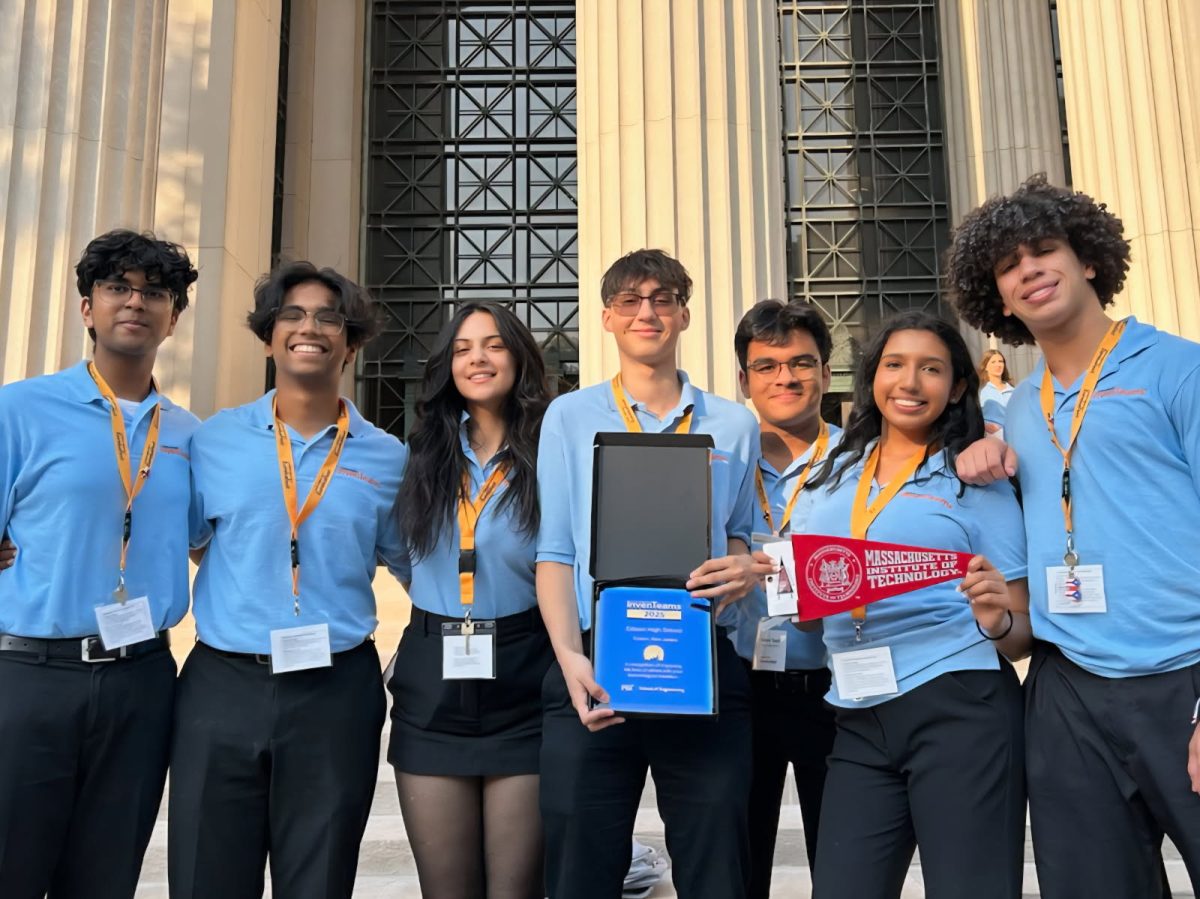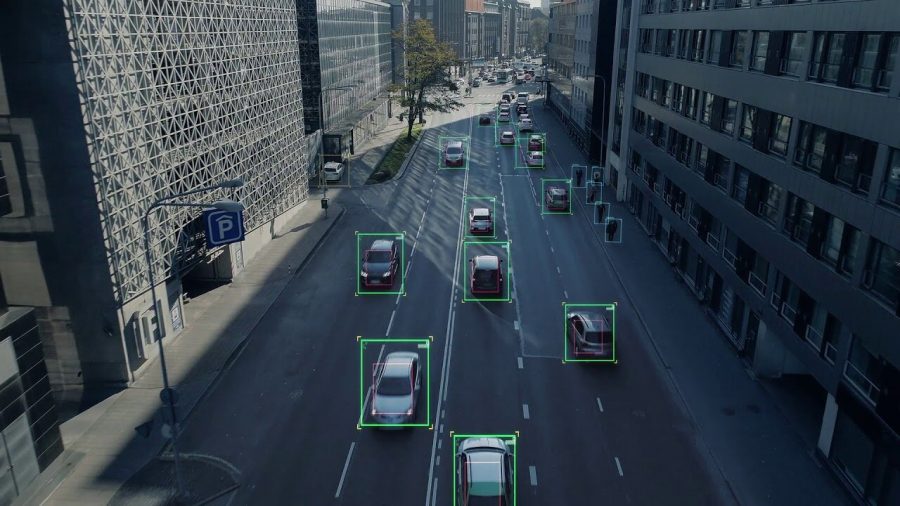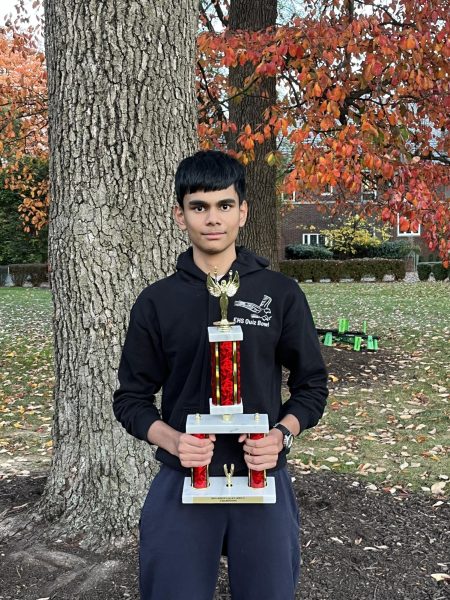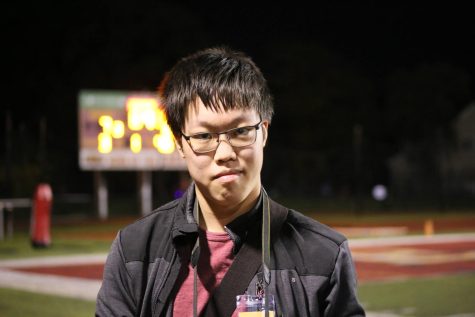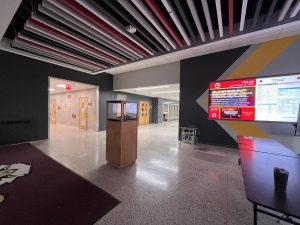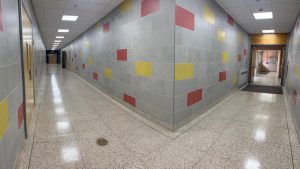Inspirit AI: An Experience
November 19, 2021
Last summer, Paraskevi Dmitrakopolous ‘23 took a course from the Inspirit AI program. This program, created by MIT and Stanford University alumni, focuses on teaching high school students aspects of artificial intelligence in a project-based environment. She has since become an AI Ambassador for the program. Artificial intelligence is a field of computer science concerned with building intelligent systems that can solve problems without human intervention; these systems use past experiences to extrapolate data in order to solve new problems. As Dimitrakopoulos has since become an AI Ambassador for the program, The Eagle’s Eye reached out to her for a conversation about her experience and takeaways from the program.
EE: So, why do you think AI is important?
PD: Well, AI is super important because it’s a budding technology currently in the 21st century, and when used properly or when more research is done into the field, it can be applied to any field. It can be applied to art, music, medicine, engineering, all sorts of fields that will help not only our researchers and professionals in the world, but also students like you and me. I believe it’s that accessibility that we really need to work on because that’s one of the best or most important aspects of AI.
EE: What do you mean by “accessibility of AI?”
PD: As in reaching out to students who are interested in the brain of computers. There’s certain types of AI fields that are out there, like the project that I did with Inspirit AI was on object detection and LiDAR with Tesla cars and Teslas being like robots in the sense, like robotic cars. They’re using AI technology or LiDAR software to aid us in more safe autonomous driving.
EE: How could AI make an impact on the world?
PD: The biggest impact that we can make, especially as students, and this is something that all our mentors really emphasize to us is that we’re really ahead of the game to say, at the very least, in technology, especially with AI, because it’s very new, and it’s something that young people like ourselves should really get into so that we can embark on this nascent journey with AI. Like I said earlier, it can be applied to anything and apply to students with a myriad of interests and improve many different sectors of the world.
EE: Your project involved object detection. What is object detection about?
PD: We basically looked into CNNs, or convolutional neural networks. We looked into the deeper technology of the brain behind the Tesla software that they use. They use LiDAR, which are lasers and cameras and assistance with another AI technology, which was the CNNs or convolutional neural networks.
EE: Did you get to work on your own object detection AI and test it out?
PD: We never really tested on anything. We mainly did a lot of research or learning about the tech itself. I believe it’s because it was online and they do have, like, in-person classes in New York City or cities around the world. I believe that if you have the opportunity to actually take the in-person classes, I think you would be able to do more hands-on learning projects.
EE: Did you learn anything from your mentors in the program that you could apply to a day-to-day job in the software engineering field?
PD: Perhaps the one thing that I really learned is as in, like, advice. The best advice that they gave us was probably to network, but that’s a very generic piece of advice that everybody tells you. They really emphasize the importance of having a LinkedIn account or, like reaching out to people and connecting with our fellow and Inspirit AI students or just anybody, any mentors that we’ve met. We’ve had an investor for tech companies come speak to us, and he was like, yeah, your biggest rates of success, like getting an internship at Google or Facebook as a high schooler, is through connections, while also on top of having an impressive resume or with a very developed skill set for our age. Connections and networking is seriously going to be your key to success in our current tech society.
EE: What did you learn about AI from investigating the AI that Tesla uses for its autonomous vehicles?
PD: So, we certainly learned that AI is not perfect. I remember the one example that they gave us while we were presenting our presentations on our research was the infamous trolley car problem. Basically, let’s say that there’s a one way street and your car is going 60 mph and there’s no possibility of stopping and there’s a crosswalk. So there’s a group of people right in front of you in your Lane, and if you swerve into another lane, there’s a tree where you will crash. So it’s either you save yourself by crashing into these people, or you save these people by crashing into a car at 60 mph and risking your life. What I really took away from object detection in autonomous vehicles is the ethics in AI, because morality is really taught by empathy and these values of virtue that aren’t necessarily encoded within AI projects. So while we want AI to help us make human decisions, our question now is, how can we train them to develop empathy, like, empathy if there’s a way to break down our feelings so that robots can understand them?
EE: Was it an enjoyable experience learning programming, or was it very challenging?
PD: It wasn’t very challenging because at Edison High School, I took the computer science and programming classes, so I had a background in C++ and Java. They did give us a few weeks of introduction to Python. So to partake in Inspirit AI, you really don’t need any background in programming. So I suggest anybody try it out if they have any interest in AI or technology. But also because our mentors are extremely knowledgeable.
EE: What does being an ambassador entail?
PD: So currently, as an AI ambassador for in spite of AI, we really just attend these daily meetings where they have guest speakers. Last week they had the, I believe, manager of AI from Microsoft come talk to us in his experience as a student, and we had some investors come talk to us about the economic side of AI and applications in our economic system. But other than that, I believe that the ambassador program is really just networking us with more individuals.
EE: Does the program have any associated cost?
PD: Currently, it is $900 to participate in the program, although I do know that currently they are working on scholarship opportunities to help lower income students access the program.






































